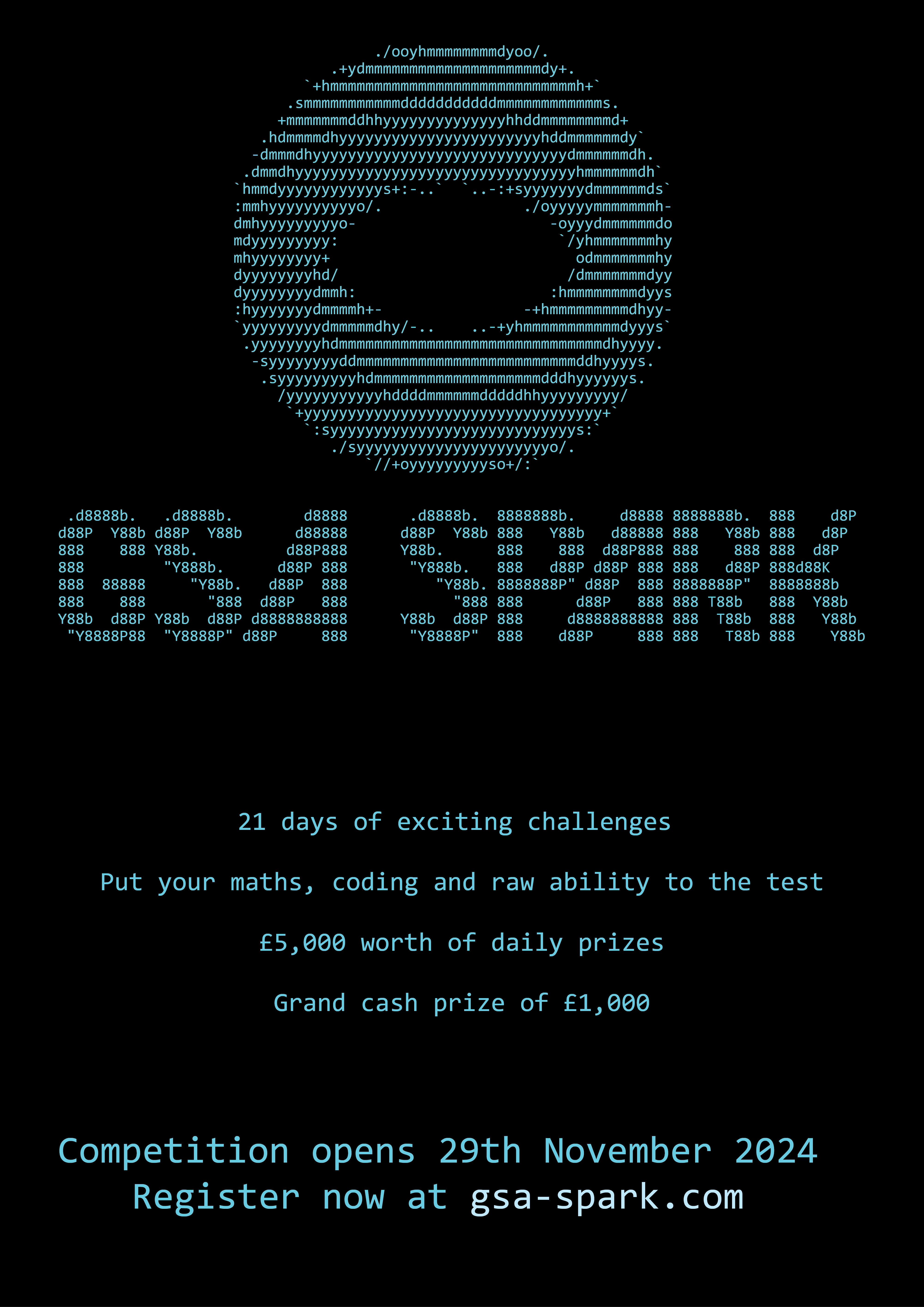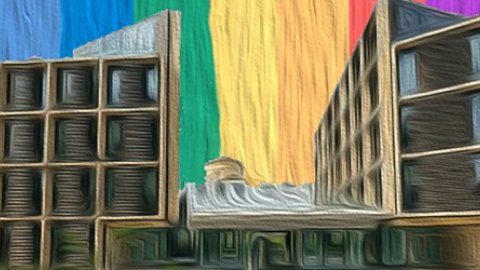16:00
Regurgitative Training in Finance: Generative Models for Portfolios
Please join us for refreshments outside the lecture room from 15:30.
Abstract
17:00
The Index of Constant Mean Curvature Surfaces in Three-Manifolds
Abstract
Join us on Tuesday, 3 December, from 12 to 2 pm. To book, simply speak to our café staff or email us at @email
You can also use your cost centre vouchers for all bookings.
Applications for the 2025 Jane Street Graduate Research Fellowship (GRF) are now open. The Fellowship supports exceptional doctoral students currently pursuing a PhD in computer science, mathematics, physics, or statistics.
Find out more (applications have closed, but we have asked them to take late requests).
14:15
The Schubert variety of a hyperplane arrangement
Abstract
I’ll tell you about some of my favorite algebraic varieties, which are beautiful in their own right, and also have some dramatic applications to algebraic combinatorics. These include the top-heavy conjecture (one of the results for which June Huh was awarded the Fields Medal), as well as non-negativity of Kazhdan—Lusztig polynomials of matroids.



